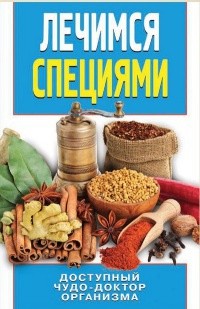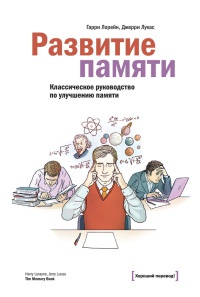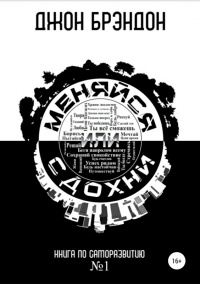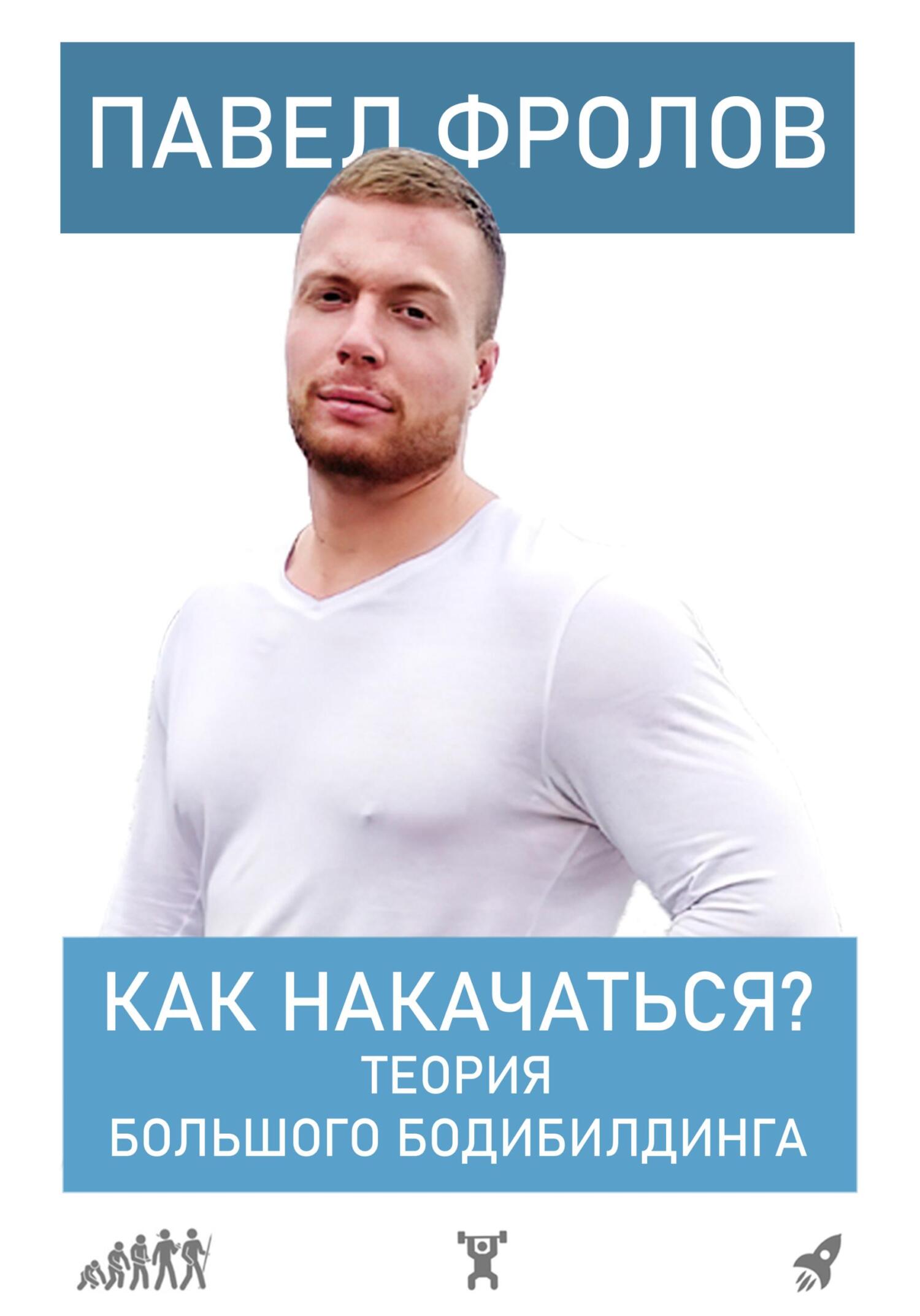Книга Лечебное дыхание. Новые методики оздоровления по системе доктора Бутейко - Патрик Маккьюэн
На нашем литературном портале можно бесплатно читать книгу Лечебное дыхание. Новые методики оздоровления по системе доктора Бутейко - Патрик Маккьюэн полная версия. Жанр: Книги / Домашняя. Онлайн библиотека дает возможность прочитать весь текст произведения на мобильном телефоне или десктопе даже без регистрации и СМС подтверждения на нашем сайте онлайн книг knizki.com.
Шрифт:
-
+
Интервал:
-
+
Закладка:
Сделать
Перейти на страницу:
Перейти на страницу:
Внимание!
Сайт сохраняет куки вашего браузера. Вы сможете в любой момент сделать закладку и продолжить прочтение книги «Лечебное дыхание. Новые методики оздоровления по системе доктора Бутейко - Патрик Маккьюэн», после закрытия браузера.
Книги схожие с книгой «Лечебное дыхание. Новые методики оздоровления по системе доктора Бутейко - Патрик Маккьюэн» от автора - Патрик Маккьюэн:
Комментарии и отзывы (0) к книге "Лечебное дыхание. Новые методики оздоровления по системе доктора Бутейко - Патрик Маккьюэн"
























